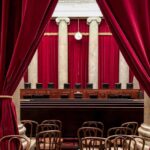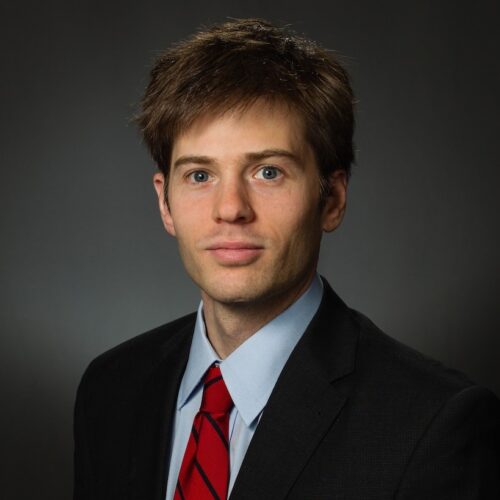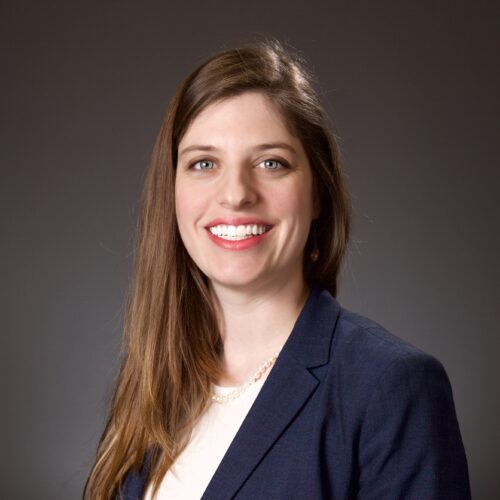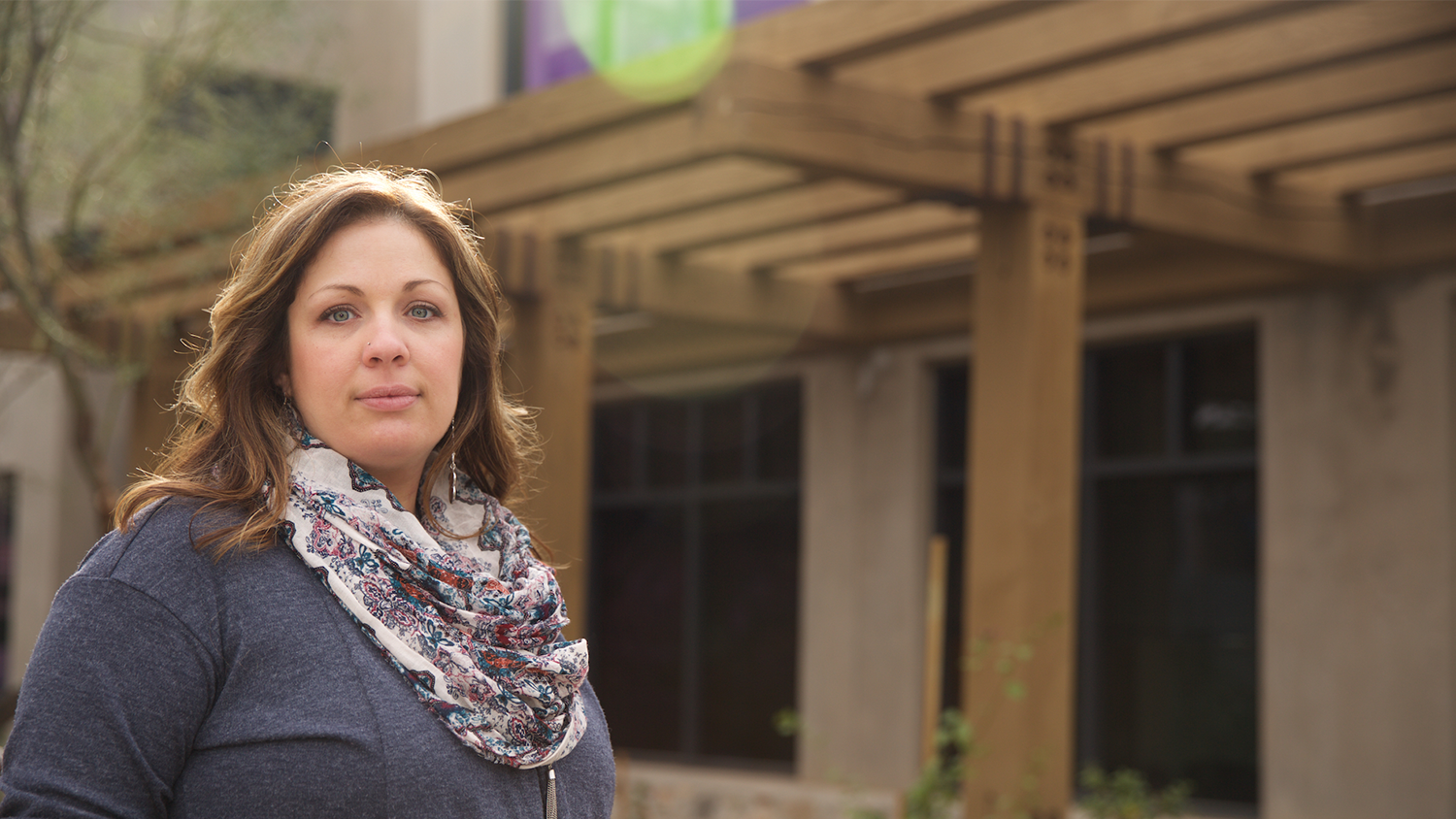
DENVER – Alliance Defending Freedom attorneys representing Colorado web designer Lorie Smith and her studio, 303 Creative, filed an appeal Friday of a federal district court’s order that upheld a state law provision that gags creative professionals from talking about their beliefs when explaining their business decisions. The September order finalized a May ruling and adds to a previous decision that would allow Colorado officials to force Smith to design and publish websites promoting messages or causes that conflict with her beliefs.
In the May ruling in 303 Creative v. Elenis, the court said that it ruled as it did because it “assumes the constitutionality” of the Colorado law. Other courts have recently found otherwise regarding similar laws in Minnesota and Arizona.
“Americans shouldn’t be forced by the government to create and publish websites that promote messages or causes they disagree with. That is a quintessential freedom that the First Amendment protects,” said ADF Senior Counsel Jonathan Scruggs. “The court shouldn’t have assumed Lorie’s decision not to create objectionable websites was illegal without any analysis of that question, especially when other courts have clearly upheld free speech rights in this context. Colorado must allow people like Lorie the liberty to make their own decisions about which messages they will promote. Lorie is happy to design custom websites for all people; she simply objects to being forced to pour her heart, imagination, and talents into creating and publishing websites that convey messages contrary to her core convictions.”
“Creative professionals should be free to peacefully live and work according to their faith without fear of coercion, discrimination, or intimidation by the state,” added ADF Senior Counsel Kate Anderson. “Just because a multimedia artist creates expression that communicates one viewpoint doesn’t mean the government can require her to express all viewpoints, especially when that forced expression violates her religious convictions. We’re hoping that the 10th Circuit will affirm that principle just as the 8th Circuit and the Arizona Supreme Court recently did in similar cases.”
Colorado’s Anti-Discrimination Act prohibits creative professionals from expressing any views about marriage that could indicate someone is “unwelcome, objectionable, unacceptable, or undesirable” because of their sexual orientation or that suggests that the designer won’t create particular expressive works because of those beliefs. The judge left that portion of the law standing.
In September 2017, the court ruled that Smith and her studio can’t challenge another part of the law which the Colorado Civil Rights Commission has interpreted to require creative professionals to create objectionable projects celebrating same-sex marriage. Such professionals must do so even if they, like Smith, happily serve everyone and decide what jobs to accept based on the expressive product’s message, not the personal characteristics of the prospective client.
The lawsuit contends that Colorado Revised Statute § 24-34-601(2)(a) violates provisions of the U.S. Constitution, including the First Amendment’s Free Speech and Free Press clauses. The state law is the same one the commission twice used against cake artist Jack Phillips and Masterpiece Cakeshop.
Alliance Defending Freedom is an alliance-building, non-profit legal organization that advocates for the right of people to freely live out their faith.
# # # | Ref. 53263





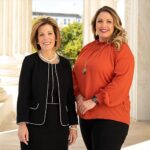

-150x150.jpg)











